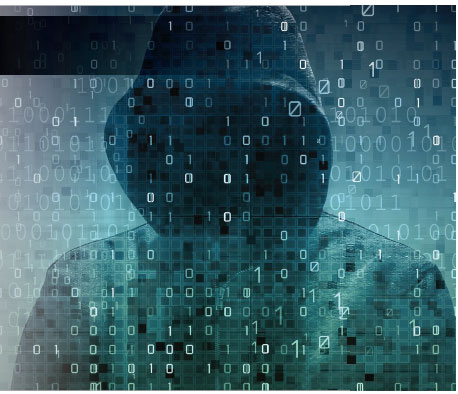The unseen enemy
Updated: 2018-05-04 06:50
(HK Edition)
|
|||||||
Despite the exciting picture that smart-city experts paint, a persistent headache remains - privacy. Any device that connects to the internet contains flaws that may be exploited by hackers. Smart city is all about sharing, collecting and analyzing data. When personal information is carried across the internet, be it daily travel routes or purchasing preferences, it could be hacked. Worse still, private information associated with income and bank accounts could be mined.
There's a balance between using smart technologies and potential risks, says Eric Yeung of Smart City Consortium. "If we don't share personal information on mobile devices to the internet, there's no big data and the technologies become useless. But if we share, there's potential risk."
Businesses probably are most vulnerable to cybersecurity threats, adds Alok Jain of Civic Exchange. Last year, the average cost of cybercrime globally climbed to $11.7 million per organization, a 23-percent increase from the $9.5 million reported in 2016 and a 62-percent increase in the last five years. A survey titled "The State of Cybersecurity in Asia-Pacific" by Palo Alto Networks, a US-based enterprise security company, revealed that nearly 70 percent of business respondents from Hong Kong said they had suffered from financial loss due to cybercrime in 2017. "Future business models and the success of companies will depend on how effectively they implement cybersecurity measures," Jain said.
"Hong Kong has well-enforced rules for protecting data privacy. In regard to the changing landscape, data privacy laws are stringent and will be reviewed from time to time to keep up with the city's development," said Eric Chong, president and chief executive officer of Siemens Hong Kong and Macao.
Yeung agrees Hong Kong is ahead of other Asian countries and regions in terms of online privacy protection, but thinks there's more to be done to prevent criminal behavior in the first place. Yeung has proposed an Internet of Things (IoT) Security Standard and is working on it in cooperation with the Hong Kong Productivity Council. It labels devices according to safety and offers guidance to customers in choosing IoT devices with high levels of privacy protection. IoT product suppliers voluntarily take part in the program. "The safety label increases credibility and serves as an incentive for IoT device producers to enhance their security measures," Yeung said.

(HK Edition 05/04/2018 page7)